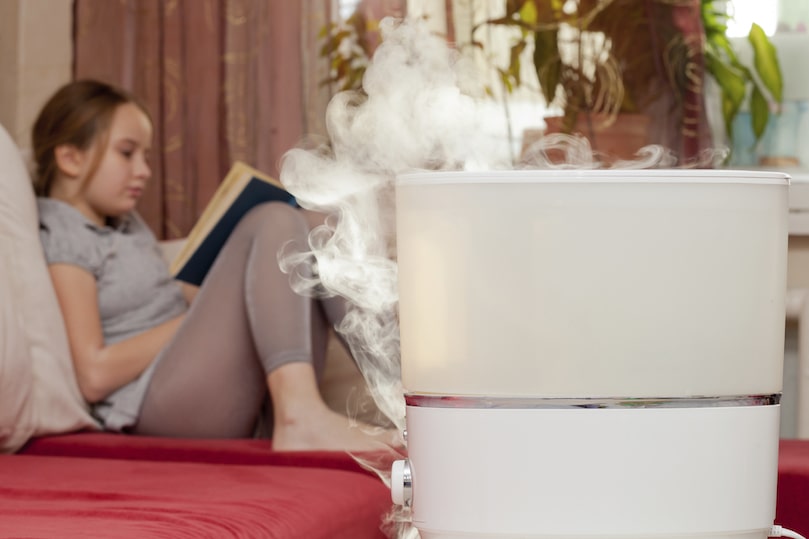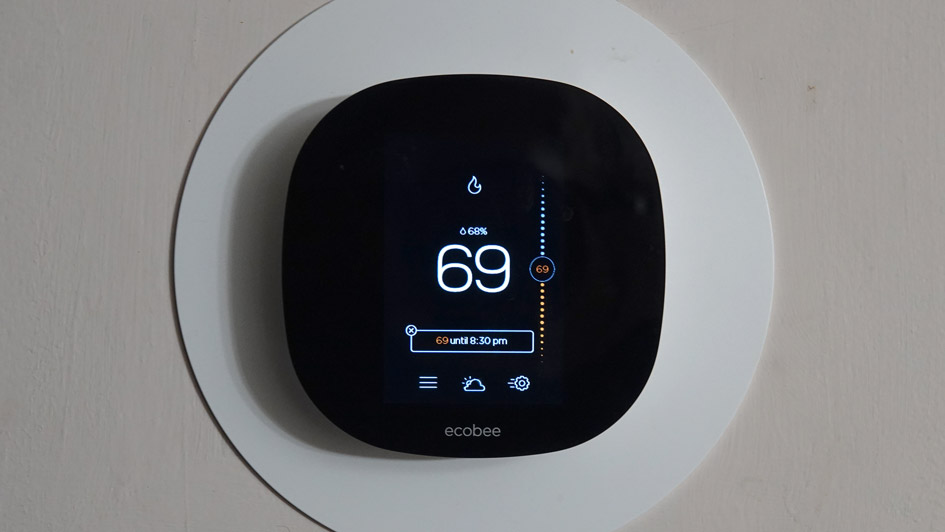Blog
Solar Air Inc.
3330 SW 13 Avenue
Fort Lauderdale, FL 33315
Phone: 954-466-0951
Email: [email protected]
License #CAC018245
M - F: 8am - 5pm
Sat - Sun: Emergency Only
Sat - Sun: Emergency Only
About Solar Air Inc.
At Solar Air Inc., your home comfort is our biggest priority. That’s why we offer dependable HVAC solutions and quality work in Fort Lauderdale. Our experts are knowledgeable in a full range of services, so you can be confident in your results. They’ll offer the support you are seeking, whether it’s putting in a new HVAC system or repairing and inspecting your present equipment. We’re here to assist with all of your needs, so get in touch with us at 954-466-0951 or contact us online to request an appointment today.
© 2025 Solar Air Inc. | All rights reserved








